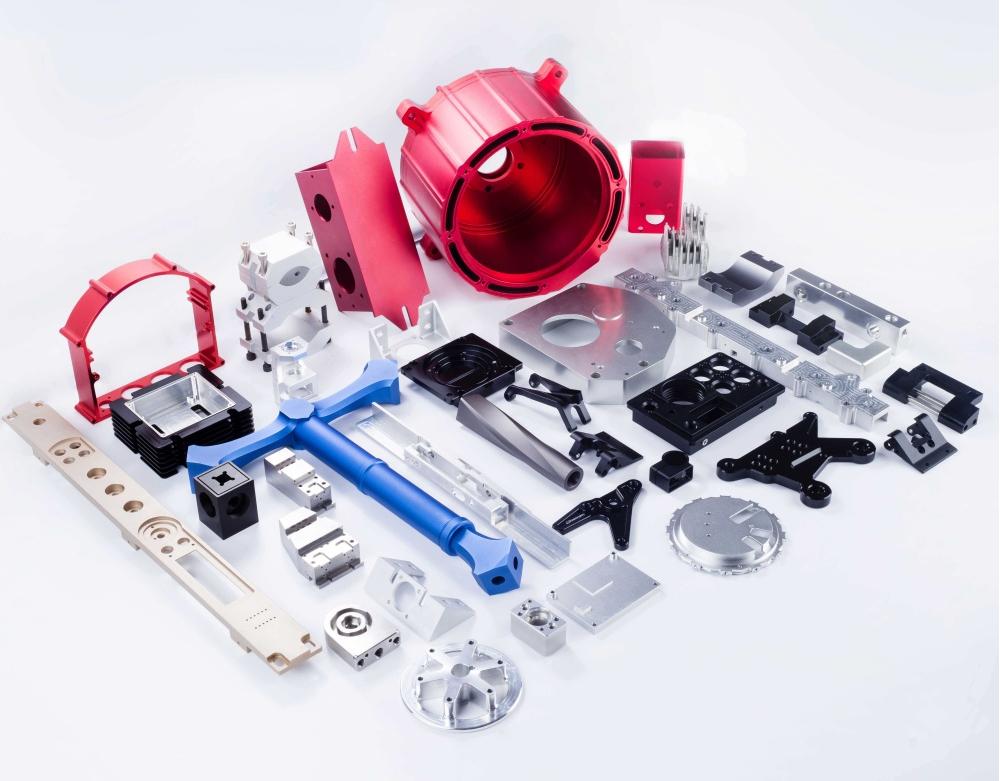In the rapid development of modern industry, precision machining, as a core technology, is gradually becoming an important force driving the progress of various industries. With the continuous advancement of technology, new processing techniques emerge in an endless stream, especially showing strong application potential in fields such as aerospace, optics, and medical care. These emerging technologies not only improve processing accuracy and efficiency but also provide strong support for the innovative development of various industries.
In this process, the selection of processing materials is of crucial importance. The physical and chemical properties of different materials determine the processing difficulty and processing effect. Therefore, understanding the requirements of precision machining for materials and the precautions when processing different materials is particularly important for ensuring product quality and processing efficiency.
Basic Requirements of Precision Machining for Materials
Mechanical Properties of Materials
Materials used in precision machining need to have good mechanical properties, including strength, hardness, toughness, and wear resistance. The strength of the material affects its risk of deformation and breakage during processing, while the hardness is directly related to the wear of the cutting tool. Generally, materials with higher hardness require the use of harder cutting tools to prevent the tool from wearing out too quickly.
Workability of Materials
The workability of different materials varies greatly. Some materials, such as aluminum alloys and brass, are easy to process, while stainless steel and titanium alloys are more difficult to process. Workability is not only affected by the inherent properties of the material but also by factors such as the heat treatment state and surface state of the material. Therefore, when selecting materials, their workability should be fully considered to improve processing efficiency.
Stability of Materials
Precision machining requires materials to maintain good stability during processing to avoid deformation caused by temperature or processing stress. Indicators such as the coefficient of thermal expansion and tensile strength of the material need to be considered to ensure that during the processing, the geometric shape and dimensions of the parts can be maintained within the design requirements.

